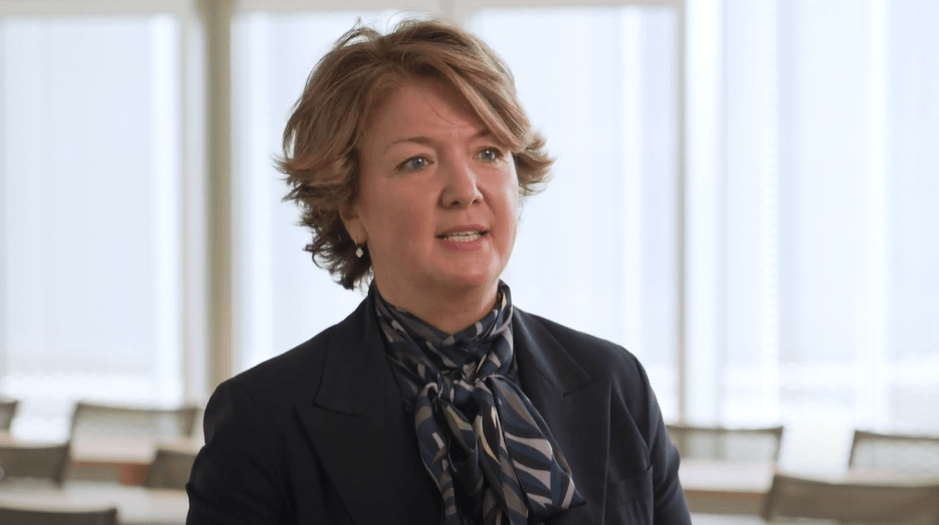
Master in Fashion, Experience & Design Management
Add more value to creativity.
The Master in Fashion, Experience & Design Management (MAFED) is an intensive 1-year full-time program offering 70 ECTS/ CFU credits. It provides you with solid management skills tailored for highly creative industries.
MAFED empowers you by combining the power of imagination with enhanced methodologies and analytical capabilities. It fosters consistent strategies and carefully targeted marketing initiatives, enabling you to create lasting, engaging, and imaginative brands that stand the test of time.
MAFED partners




Words from the Director


Who is it for
MAFED is the right Master for you if:
- You want a managerial role in a fashion, luxury, or design company.
- You want to work in organizations that create unique customer experiences.
- You want to launch your own venture in these symbol-intensive industries.
- You want to engage with the power of industry.
- You want to prepare for all this in Milan, an international and challenging environment, and the well-recognized symbol of Italian style and excellence worldwide.
MAFED 2025 (24th edition)
Why MAFED
Highlights
Calendar and contents
25th edition 2026
The program begins on 19 January 2026
Pre-courses
If you lack a business background, your program starts early with pre-courses in management, accounting, and data analysis to establish a common foundation. Even without attending, you must take a pre-course test at the program’s start.
General Management & Applied Management Courses
General Management Courses
Gaining managerial tools, methods and concepts with a specific focus on fashion and design-based companies.
- Financial reporting and analysis
- Corporate finance
- Management control systems
- Fashion marketing
- Data analysis for marketing research
- Business policy
- People management
- Sales management
- Entrepreneurship and new business start-up
Applied Management Courses
Understanding the key managerial processes in companies where fashion, design and experience are the product/value.
- Italian excellence
- Industry analysis in fashion & luxury
- Managing symbol intensive companies
- Design fundamentals and trends
- Supply chain management
- Merchandising
- Communication management
Advanced and Specialized Courses And Seminars
Developing the core competencies and understanding the key managerial processes in in the fashion, design, and experience-based industries:
- Customer relationship management with Jakala and Fanplayr
- Merchandising advanced
- Digital strategy & e-commerce
- Developing creativity in business
- Processes and competences in retail
- Blockchain
- Seminar counterfeiting
- Seminar international business
Concentration Courses
At the final stage of the program, choose between two elective concentrations:
Each includes five courses, a dedicated study tour, and an eight-week full-time field project.
Go-To-Market in a Fashion and Design Global Landscape
- Managing furniture design based companies
- Branding the global fashion pipeline
- Managing sustainability in fashion
- Event design management & communication in fashion
- Buying processes in fashion
Food, Experience & Hospitality Management
- Event design management & communication in hospitality
- Food experience & restaurant design
- Boosting personal skills to succeed in the hospitality business
- Managing sustainability in the food and hospitality industries
- Hospitality financial accounting management
Study Tours
Study tours offer a unique opportunity to deepen your understanding by experiencing industry insights firsthand. As a class, you will travel to Paris for the Haute Couture study tour and to Madrid for the Fast Fashion vs. Sustainability tour.
For the "Go to Market in a Fashion and Design Global Landscape" concentration, you will join the Retail New York Study Tour, while those in "Food, Experience & Hospitality Management" will travel to Tuscany.
Study tours are optional and not included in the program fee.
Field projects: bridging theory and practice
To ensure effective learning, MAFED students apply classroom theories to real-world business challenges through in-company group projects. Over eight weeks, teams of two to five students tackle key corporate aspects such as brand positioning, pricing, and market entry, under the guidance of an SDA Bocconi professor and a company executive.
These projects provide companies with innovative solutions, access to highly motivated and skilled students, and a chance to assess potential future hires. At the conclusion, teams present their findings through a final report and presentation, delivering valuable insights to the company.
MAFED graduation
A unique international program, made in Milano, Italy
Faculty

Young generations of customers today seek fashion with a purpose, the integration of craftsmanship and technology allows tradition and innovation to merge into a single paradigm, while traditionally product-driven companies are becoming more experience-focused. Although the fashion and design busine...

MAFED is not just an educational journey, but it is also an extraordinary, enriching and emotional experience in the future of fashion, customer experience and design management. I am excited to walk with the students towards a life-changing learning opportunity in highly creative industries, bringi...
Admissions
We seek highly motivated candidates with clear career goals and a commitment to excellence. Our rigorous selection process shapes a dynamic, diverse, and high-achieving MAFED class each year, ready to drive meaningful change in creative industries. Our goal is to ensure that this challenging yet rewarding journey aligns with your aspirations.
Requirements:
- Degree certificate (in any discipline), transcript of the grades
- Application form
- Work experience, detailed CV
- Proficiency in English
- SDA test & MAFED essays
- Two references
- Sponsoring company application
- Interview

Fees and scholarships
Our MAFED program requires substantial commitment, but the returns—both personal and professional—are unmatched.
The tuition fee for MAFED 2026 is € 40,000, payable in four installments.
Each year, SDA Bocconi School of Management—along with companies, organizations, alums and current students—offers multiple merit-based scholarships and tuition waivers to support outstanding candidates.


Contact us
Your personalized orientation
Our Guidance & Recruitment team is available to arrange a one-to-one orientation meeting, either on campus or online, or to meet you when we visit your region. These sessions are designed to help you discover SDA Bocconi and its programs, and to provide truly tailored guidance based on your goals and aspirations.









